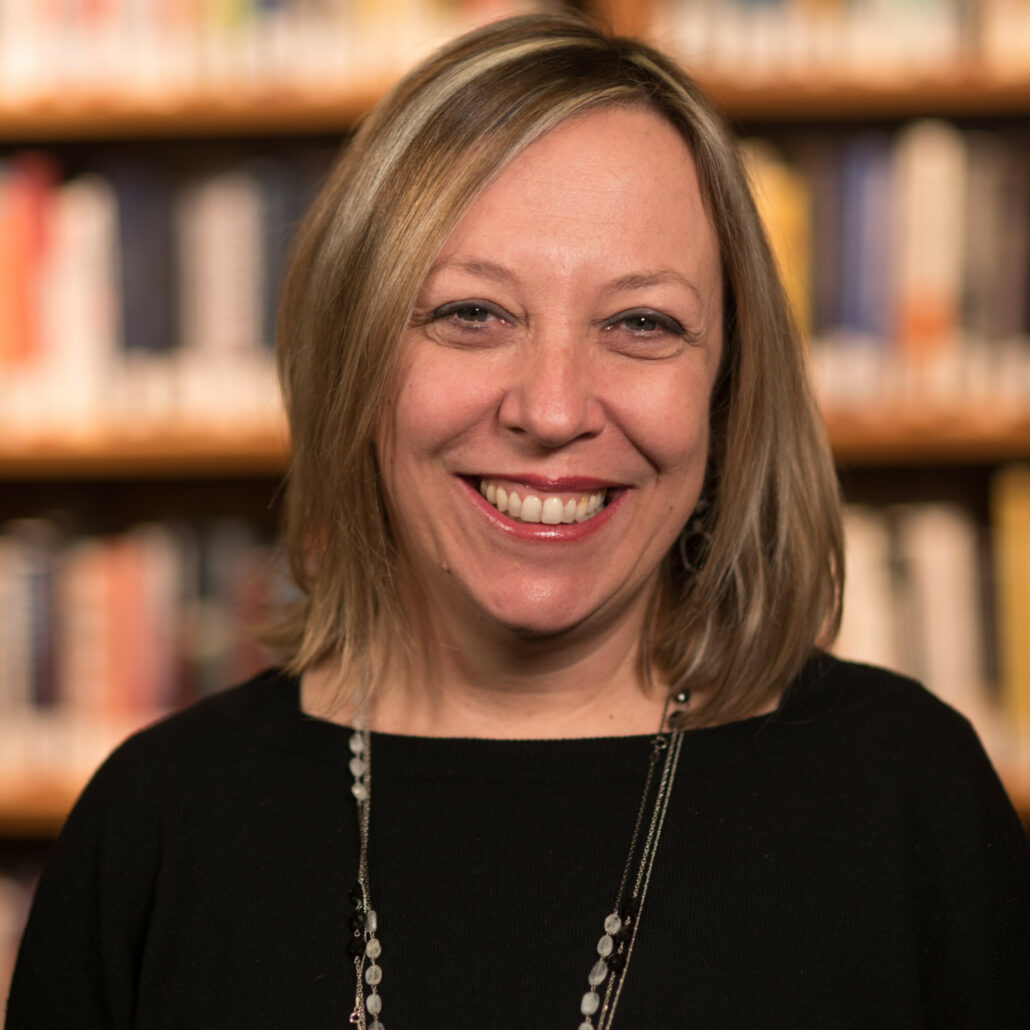Join this masterclass at Dataharvest 2024 to get an in-depth understanding of both how to investigate science and how you can use science in your investigations.
If you have a Dataharvest ticket, you can come add this full-day masterclass for just €50 by writing to: info@dataharvest.eu. The masterclass takes place on Thursday 30 May, the day before the conference opens.
Why this masterclass matters
Understanding science is crucial for any investigative reporter. Science underlies and investigates some of the biggest forces shaping the world, from pandemics and the climate crisis, to AI and mental health. Millions of scientific articles are published every year. But science is not a neutral enterprise; it is a human endeavour like any other, vulnerable to conflicts of interest and fallibility.
Despite this, journalists are often not equipped with the tools, knowledge and networks necessary to navigate the complexities of science.
This masterclass is designed to address this skills and knowledge gap, to break the “untouchable” perception of science, and enable you to apply an investigative journalism approach to science, and unlock a new world of sources and stories.
What you will learn
- How the scientific system works, from funding proposals to peer-reviewed papers, and how to engage with science as a source.
- Where to find scientific information. Practical tips on how to access open information platforms and the resources for different disciplines, and how to access publications which are not open.
- Understanding different kinds of scientific publications: original papers, preprints, meta-reviews, reports (peer review vs. unvalidated), and how to judge if a publication is credible.
- How to read a scientific paper – where the important information is and what is less relevant. How to understand statistics in science.
- How you can judge whether scientific information is reliable, and differentiating between scientific hypotheses and pseudo-scientific theories.
- Where to find the networks and communities of practice, and how to engage with them to enable you to find expert sources, collaborators, and to get feedback on information you’re investigating.
- The principles, standards, and indicators of high-quality science communication.
- How to look for bias, wrongdoing, and conflicts of interest and revolving doors in science in its relationship with other industries.
- Understanding discrimination, sexism, racism and post-colonialism in science – its history, present context, and next frontiers.
What you will walk away with
- An understanding of how to engage with science and scientists in your reporting.
- References – where to find information.
- List, maps, and guidance on where to find experts in different fields.
- An understanding of how to judge the value of a publication and of an expert.
- And more!
Who it’s for
- Journalists who want to learn how to investigate science.
- Journalists who want to use science more in their reporting.
- Journalists who are not science specialists and don’t have a scientific background.
About the trainer
Elisabetta Tola is an Italian science, tech, and data journalist, who holds a Ph.D in Microbiology. She is a 2019 Tow-Knight fellow from the Graduate School of Journalism, CUNY, and a president and co-founder of the independent non-profit journalism project Facta.eu, a Mediterranean centre that brings the scientific method into journalism. Elisabetta also works as a freelance chief editor at Il BO Live and as a presenter of Radio3Scienza at RAI Radio3. She has worked on multiple crossborder investigative projects, and as a media trainer on digital journalism and verification. She is the author of the handbooks “Driving Scientific Research into Journalistic Reporting” and “Making Sense of Science Stats”, and she co-authored the book “Semi ritrovati, un viaggio alla ricerca dell’agro-biodiversità.”

